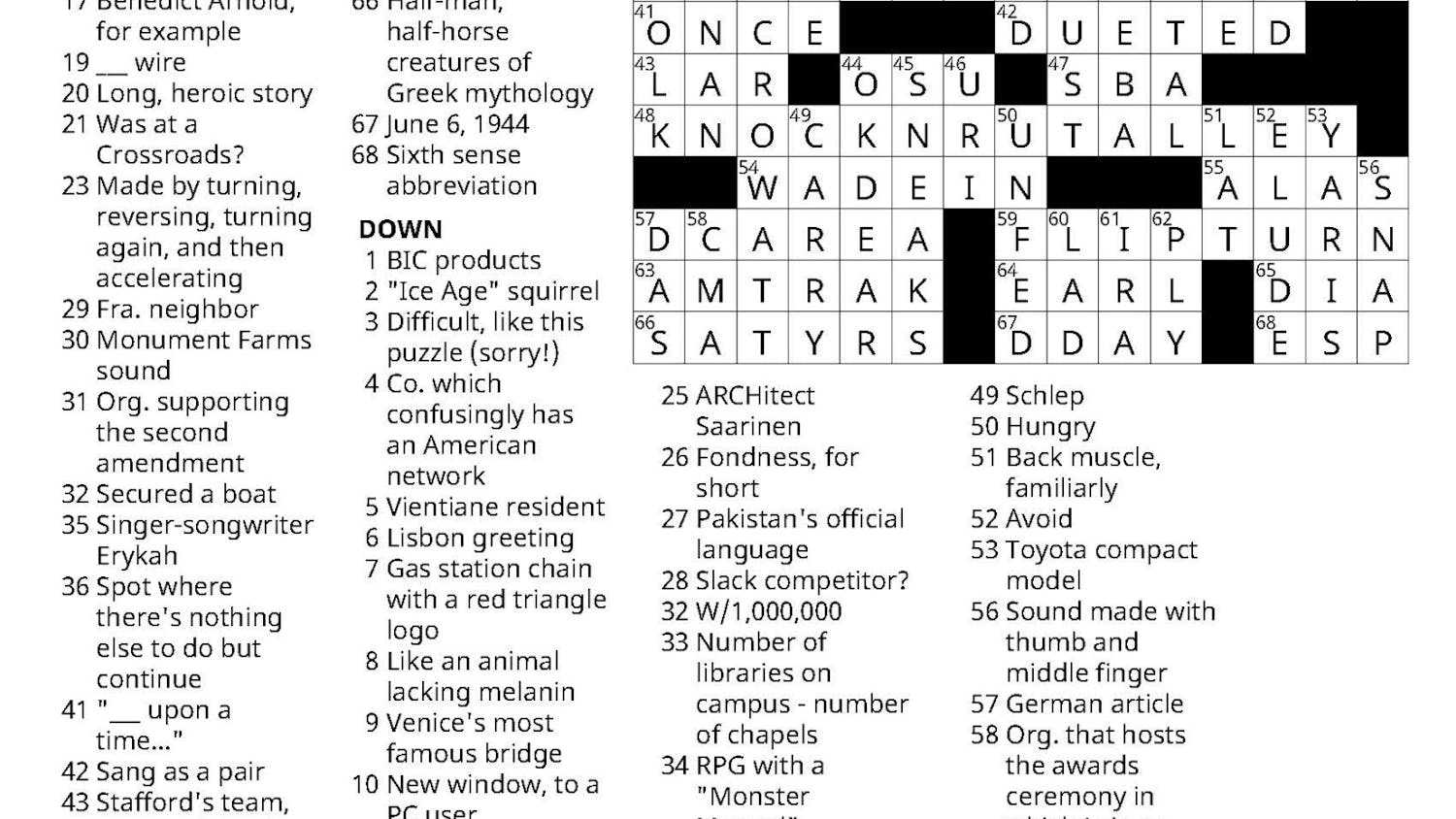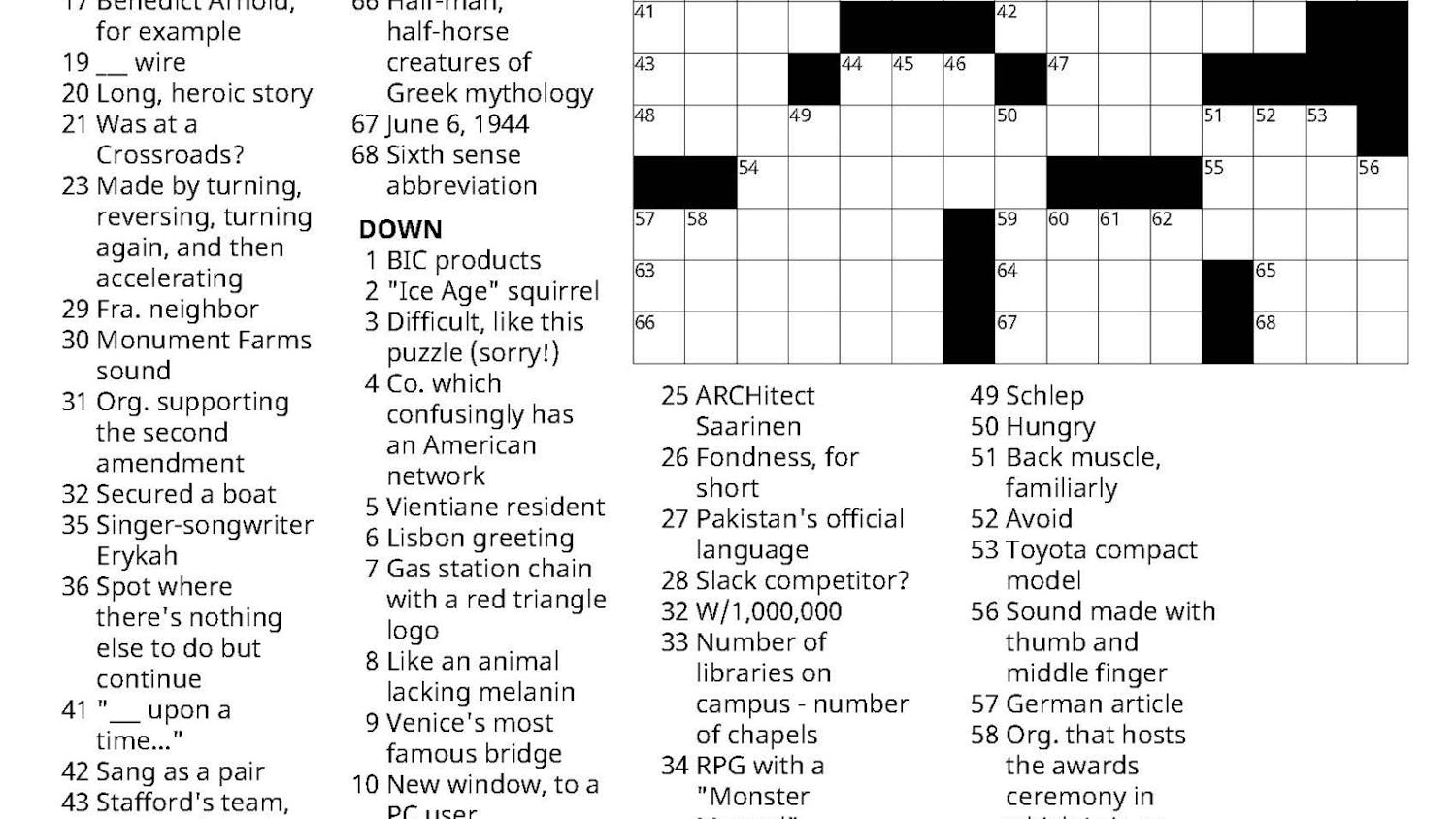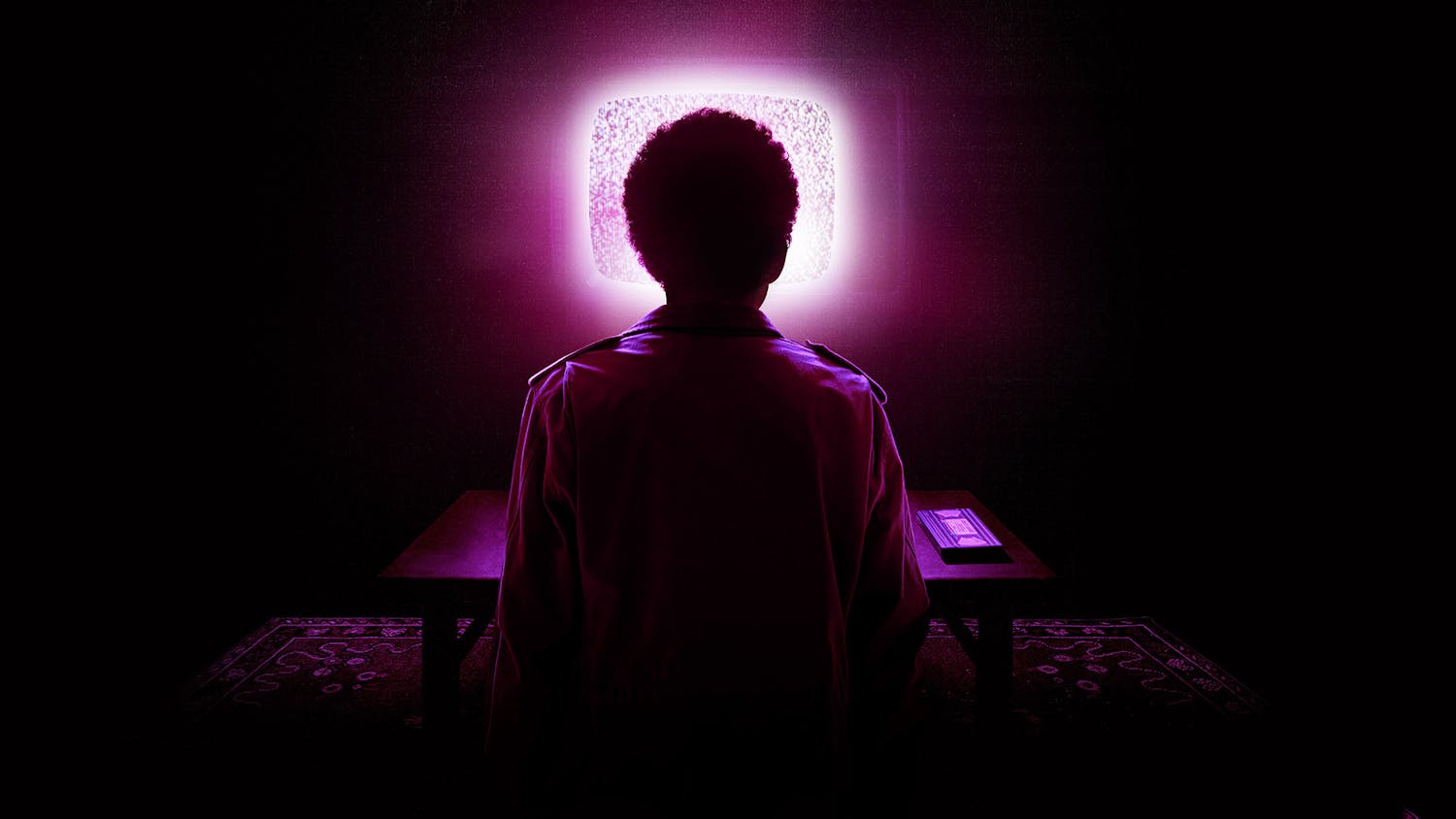Nathan Laube offered a virtuosic performance at Mead Chapel on Feb. 27 in a solo concert commemorating the 40th anniversary of the installation of the College’s organ. A recent graduate of the Curtis Institute of Music in Philadelphia, Laube is spending this academic year continuing his studies on a Fulbright Grant in Paris, and trying out many a venerable pipe organ in some of France’s most famous cathedrals.
His program drew from a variety of periods, beginning with a rousing transcription by Laube of Johan Strauss’s “Overture to Die Fledermaus” and from there spinning off to parts unknown, ending memorably with Maurice Durufle’s Romantic-Impressionist hybrid “Suite por Orgue.” Other works featured included a rendition of Bach’s seminal organ work “Passacaglia,” variations by Mendelssohn and a brief dalliance with Mozart.
Floorboards literally shook on some of the longer notes, and Laube clearly enjoyed keeping his audience in suspense, sustaining some of his final chords to dramatic effect before removing his hands from the three-tiered keyboard with a final flourish. One thing is clear: audience members will never again associate organ music only with the bombastic sounds of Christmas services and wedding marches.
Laube described the program as a “Technicolor tour of the native classical voices of the instrument.”
Such vivid imagery was par for the course in his program notes and the short descriptions that preceded each work. Laube is clearly a musician enamored not only with the organ, but also with the history surrounding each composer’s efforts.
Among other things, he treated the audience to his views on Mendelssohn’s frustration with the exhaustive variations popular at the time, as well as the chronic cash-flow problem that led to Mozart’s composition of one light piece originally intended for home entertainment on small piano-like instruments known as musical clocks. I found myself wishing more musicians engaged their audience in this way, and appreciating the music that followed the rapid-fire trivia sessions more.
Laube’s respect for the musicians whose work he was adapting, interpreting and transcribing seemed to be surpassed only by his respect for the organ itself.
A violin is a violin is a violin. Not so with an organ, which must be custom made to fit the acoustics of any given room. Each pipe is hand tested. Each stop controlling each chorus controlling each of the sounds the organ might mimic, ranging from flute to reed to string, is similarly adapted. Tucked away in a hidden closet of Mead Chapel is an entire roomful of pipes, 3,000 in total.
The sheer complexity of the instrument is rivaled only by its size. Each time the audience applauded, Laube took his bow, and then turned around, arms extended to pay homage to the organ sitting behind.
Nathan Laube's Homepage
Celebrating 40 Years With Nathan Laube
Comments



